+33 1 34 65 21 06
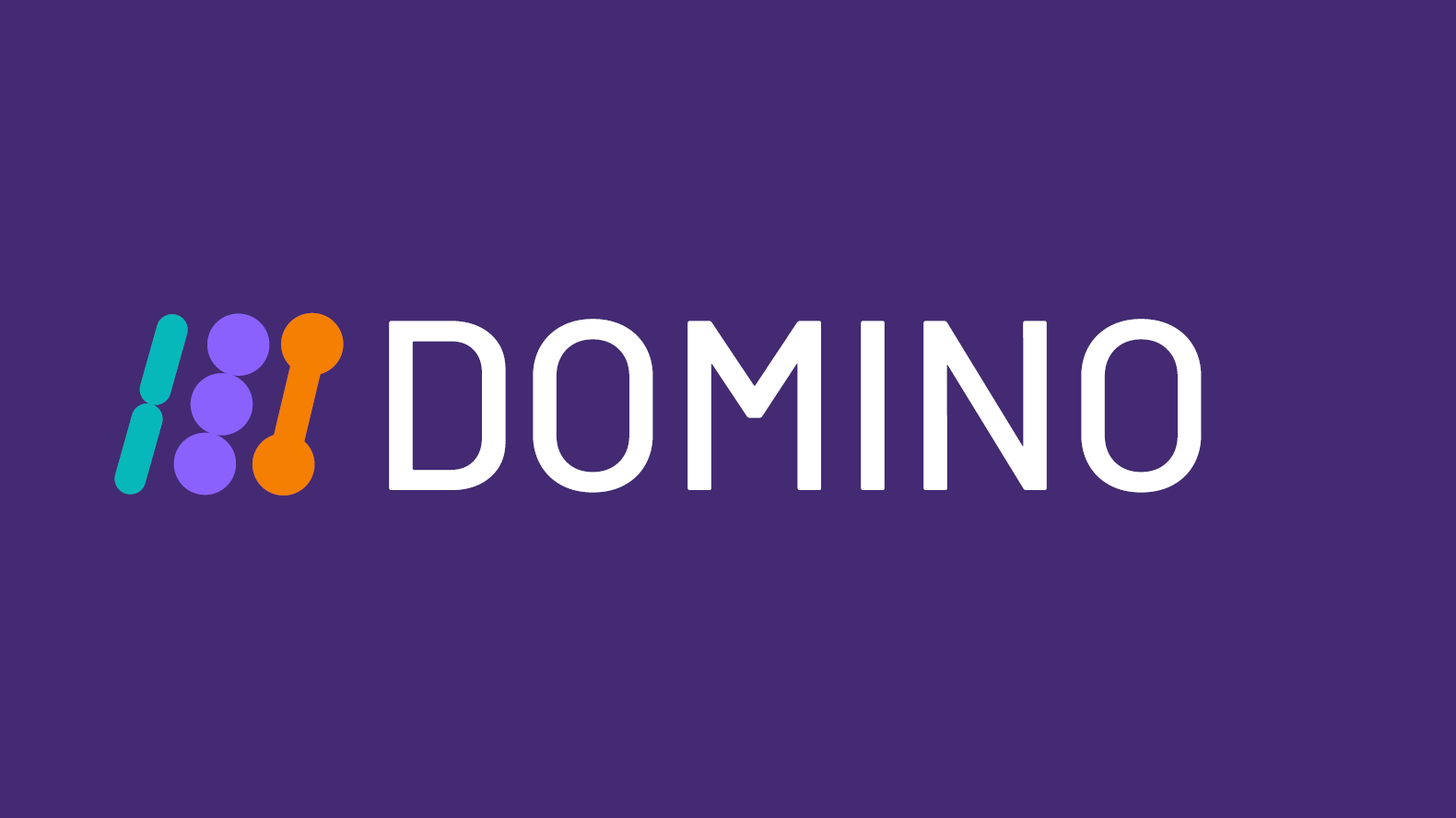
Domino
HE-RIA project
Description
Harnessing the microbial potential of fermented foods for healthy and sustainable food systems
Harnessing the microbial potential of fermented foods for healthy and sustainable food systems DOMINO is research and innovation project launched in March 2023 in the framework of Horizon Europe. It aims at understand the role and the value of fermented food microbiota for healthy and sustainable food systems.
Fermented foods are an important part of our diet. These foods contain a great diversity of microbiota (assemblies of different interacting microbial species) that allow to improve the preservation of food, to produce a typicity and a great diversity of taste, but also to increase the nutritional value of these foods.
Microbial biodiversity for healthy and sustainable food
Recent scientific hypotheses suggest that a diet enriched with fermented foods would have a beneficial effect on health thanks to a succession of interrelated effects (interaction with the intestinal microbiota, nutritional added value of the food, molecules resulting from the fermentation potentially stimulating physiological signals). This ‘domino’ effect makes it possible to draw three scientific issues which will be at the heart of the project (see figure below).
Can we define microbial solutions based on biodiversity to respond to the sustainable production of fermented foods (fermentation of plant-based products)? Does the frequent consumption of fermented foods impact health by stimulating the symbiotic relationship between humans and their gut microbiota? Which experimental methodologies would be the most adapted to answer these two issues and ensure a quick and reliable estimation of the beneficial role or the risk of a new fermented food based on more sustainable food resources?
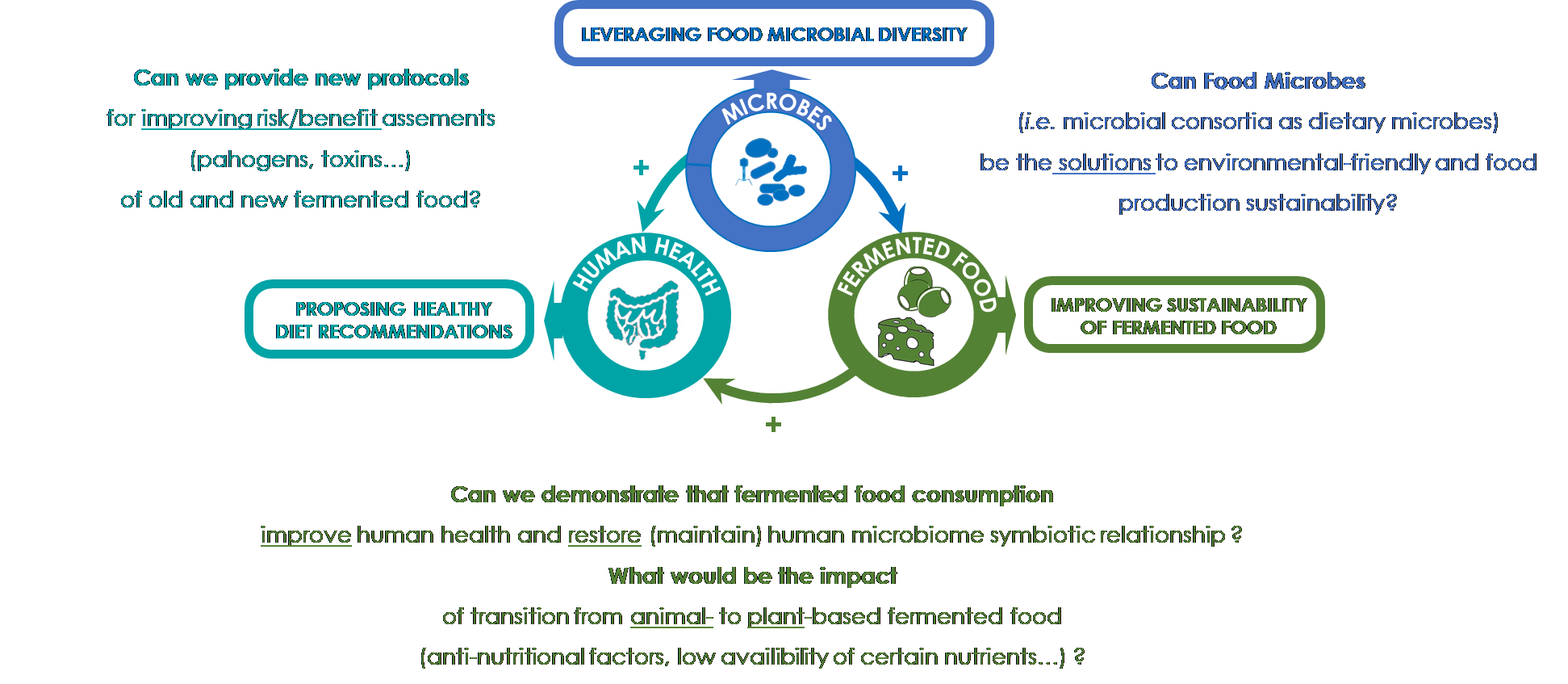
The DOMINO project will pursue six scientific ambitions:
- To cross-reference and reconcile data on the food and gut microbiome (diversity, functional activities) with those of human physiology and metabolism to allow for a more relevant identification of biomarkers related to the health effect of fermented foods. In particular, the project will launch a long-term nutritional study (6 months) on three European geographical locations (UK, France, Italy).
- To design tailor-made microbial consortia taking advantage of the great natural diversity of food microbiota to go beyond the canonical concept of probiotic microbial strains.
- Put computational biology and modelling at the heart of the knowledge acquisition process. Open up data and tools to the scientific community to better emphasize and support microbial functional biodiversity in food design.
- Bring the discipline of food microbiology into a new era using multidisciplinary synthetic ecology approaches.
- Utilize ex vivo models for rapid and standardized protocols for health benefit/risk assessment of fermented foods.
- Drive the design of plant-based fermented products to meet the combined needs of societal food transition, the urgency of food system sustainability, and create the effervescence of a profitable economic market for small European companies. To meet this objective, the project will launch for the first time the creation of living-labs in 6 different European cultural areas (Estonia/Baltic countries, France, Italy, Spain, Germany/Austria, Ireland/UK). These living-labs will allow the realization of a vision of the future of fermented foods in Europe, while building the confidence of citizens on healthy food through their involvement and a real integration of their views.
A European interdisciplinary consortium of excellence
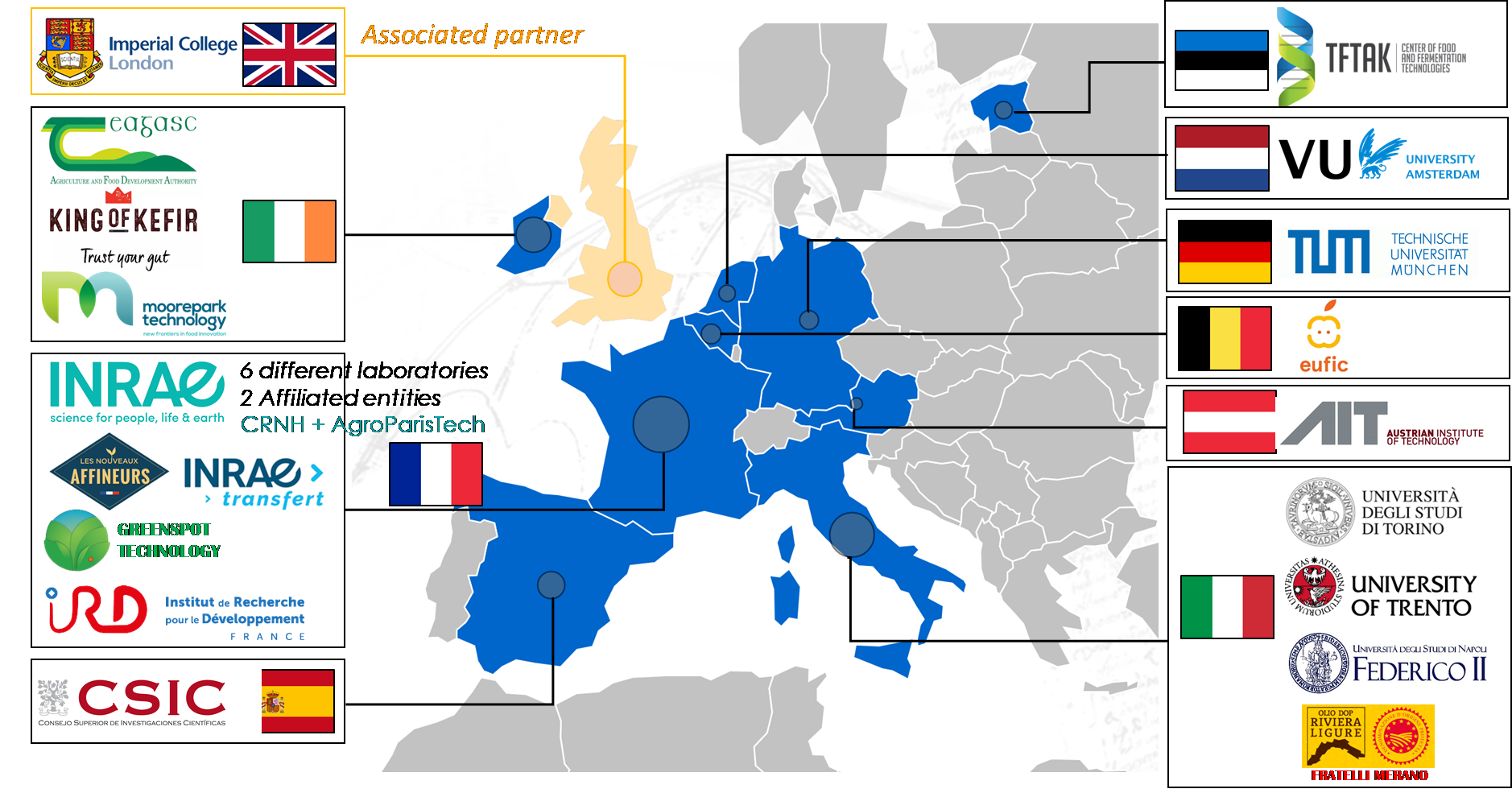
Under the coordination of the Micalis Institute at INRAe Jouy-en-Josas (coord.: Stéphane Chaillou, Food Microbial Ecology lab), five other INRAE units in association with AgroParisTech and the CRNH of Auvergne (the Human Nutrition Unit of Theix, the Cheese Research Unit of Aurillac, the Mycology and Food Safety Unit of Bordeaux the Sayfood unit (Paris-Saclay Food & Bioproduct Engineering) and the MaIAGE unit (Mathematics and Computer Science Applied to the Genome and the Environment) will combine their skills with those of some twenty partners from 10 European countries in order to combine a scientific program highly marked by interdisciplinarity and to create a common thread between microbial ecology human nutrition, food process engineering, “omics” data modeling, consumer social sciences, food systems economics and participatory co-creation.
For more informations about the project
- Domino web site
- #dominoHE on SciFoodHealth Linkedin account managed Eufic partner.
- INRAE press release DOMINO : un projet de recherche européen sur le rôle de la diversité des microbiotes d’aliments fermentés sur la santé
Related news
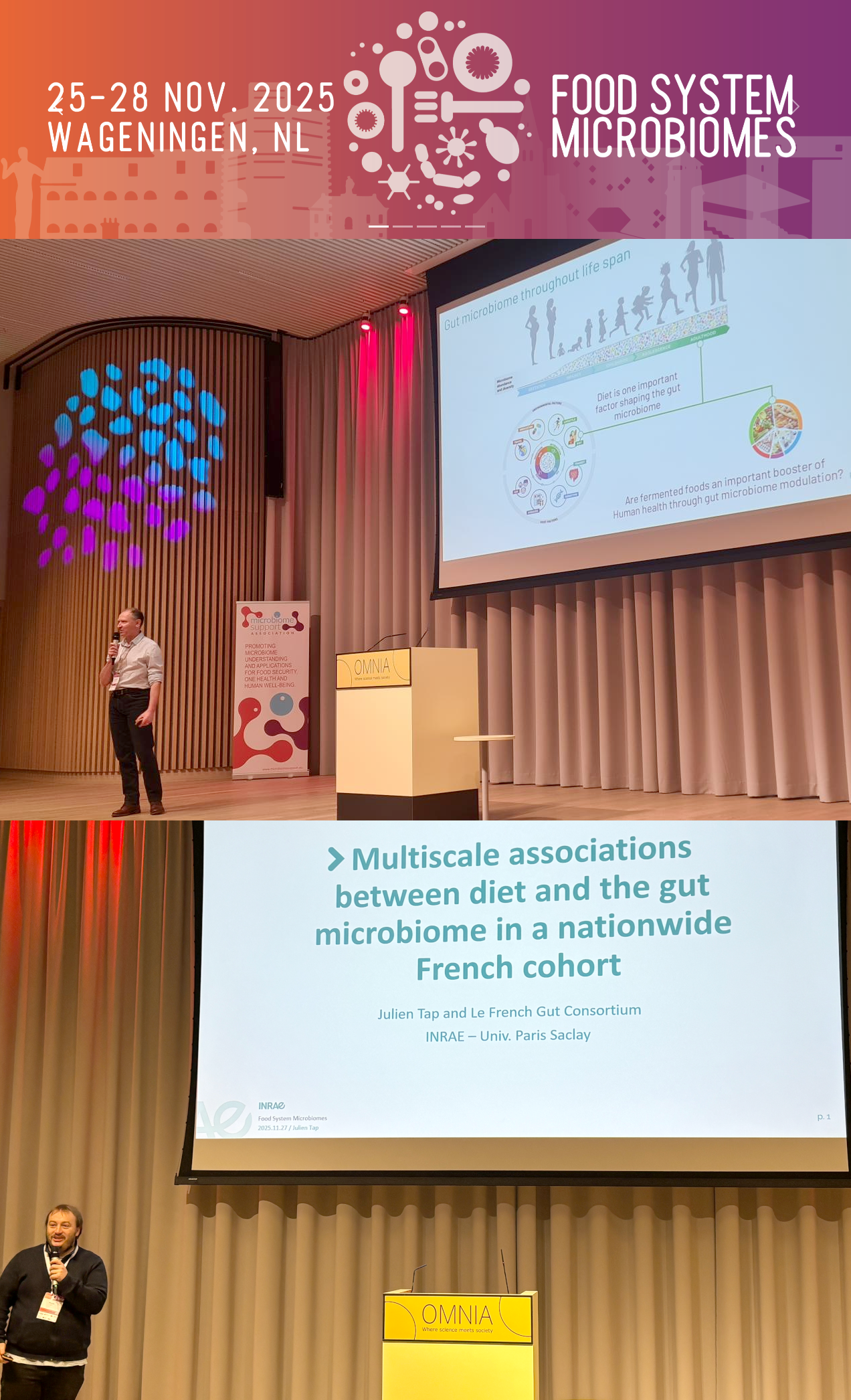
The FME lab communicates about the links between the microbiome, nutrition and health.
Dec 01, 2025
On Thursday 27 November, the FME lab took part in the Food System Microbiomes Conference in Wageningen during the session dedicated to the connections between microbiomes, nutrition and health. The session was co-chaired by Stéphane Chaillou (INRAE, Micalis) and Prof. Christophe Courtin (KU Leuven), and provided an opportunity to showcase advances from two major European projects: DOMINO and HealthFerm.
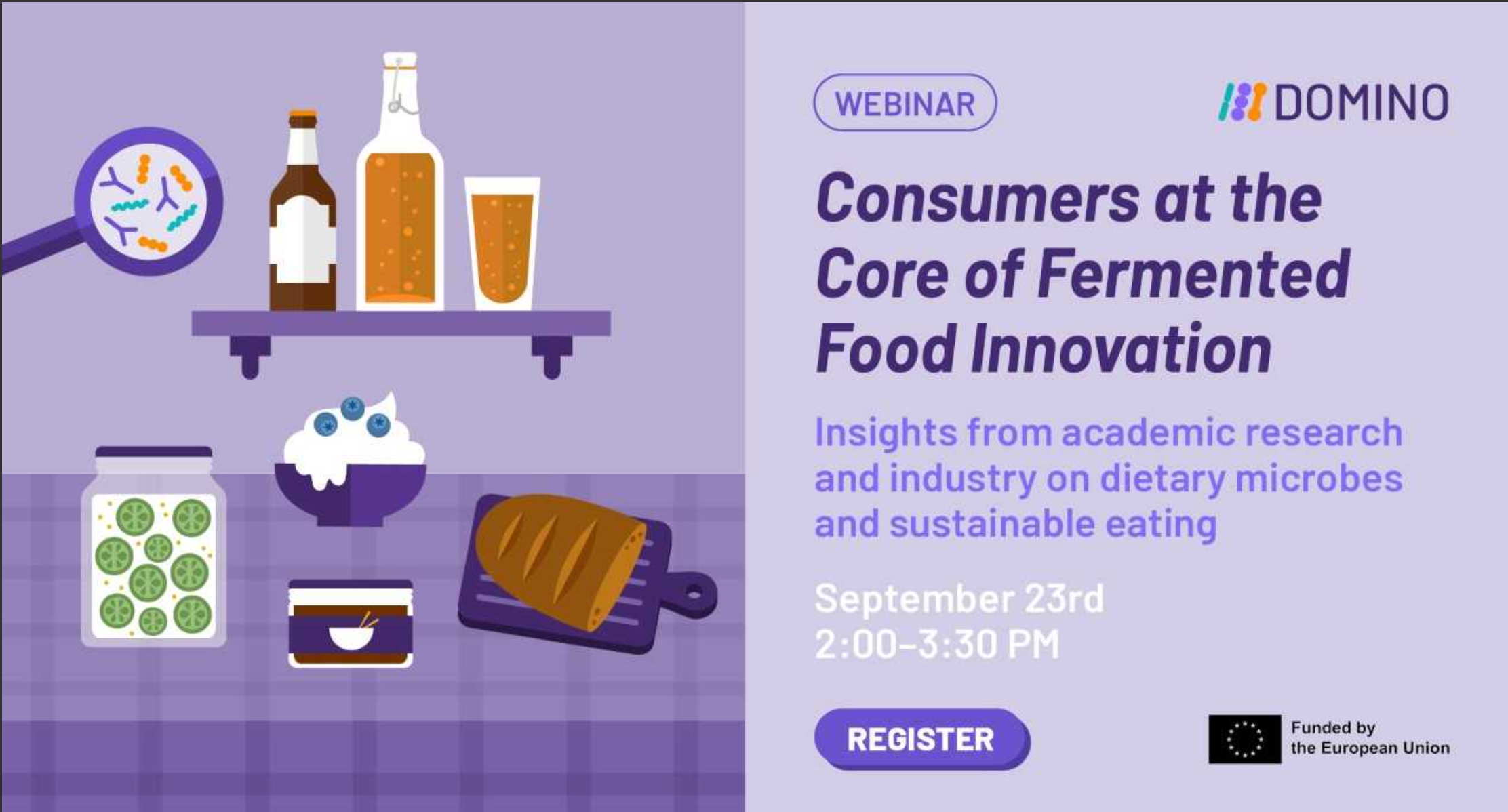
Consumers at the core of fermented food innovation
Sep 24, 2025
Yesterday on September 23rd, about 100 participants from academia, industry, NGOs and policy makers across Europe had joined the second Stakeholder Forum of Horizon Europe #DominoEU project. Four speakers Pr. Jutta Roosen from the Technical Universty of Munich, Dr. Emmanuella Magriplis associate professor from the Agricultural University of Athens, Dr. Michail Syrpas associate professor at Kaunas University of Technology in Lithuania and Dr. Nikoletta Vidra Science Manager at Yakult Europe altogether spotlighted the central role of consumer research in advancing the field of fermented foods.
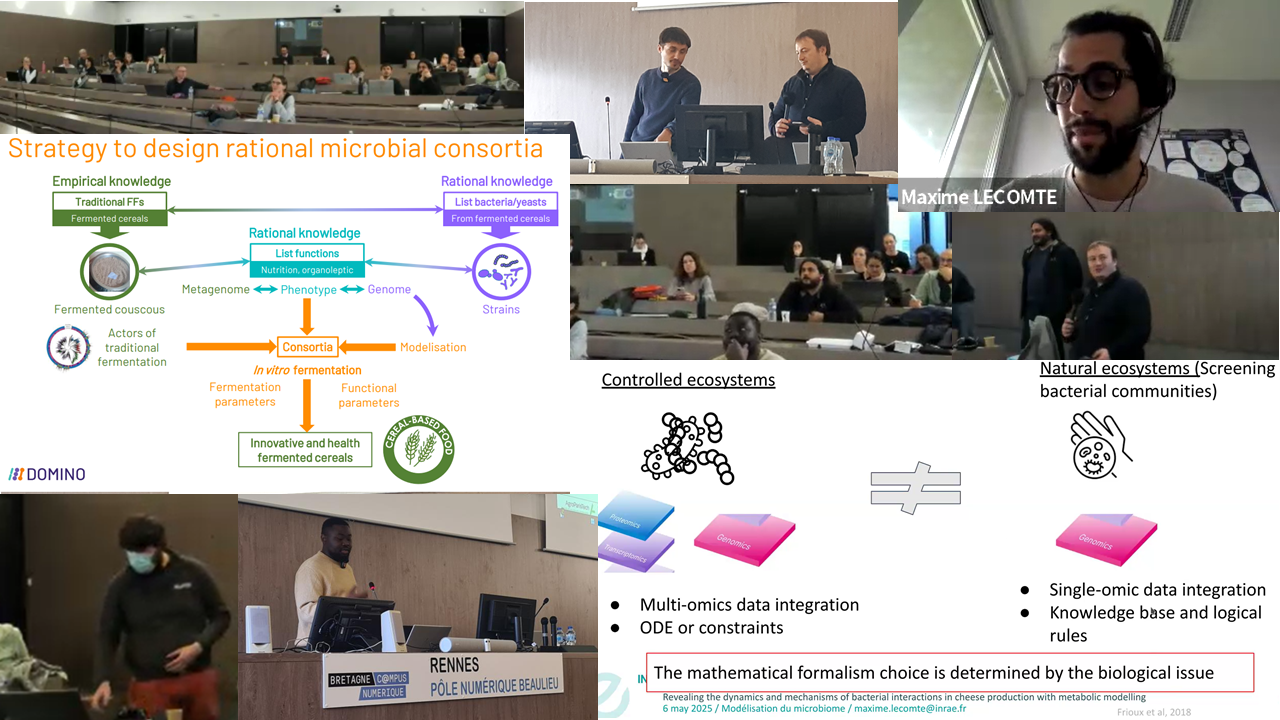
Focus on Microbial Ecology Modelling at the NEM days meeting in Rennes
May 06, 2025
The French NEM (Nutrition & Microbial Ecosystems) network hold its annual meeting this last two days (5th – 6th of May) in Rennes. Julien Tap, researcher from the FME lab presented the first results of his Ferment du Future SynthPlex project and how Engineering food microbial consortia can be performed using microfermentors to reveal strain epistasis. With the Support of Holoflux and Digit-Bio INRAE Metaprogram, He also co-organized with Guillaume Gautreau from the MaIAge Unit a specific workshop on modelling of microbial ecosystems.
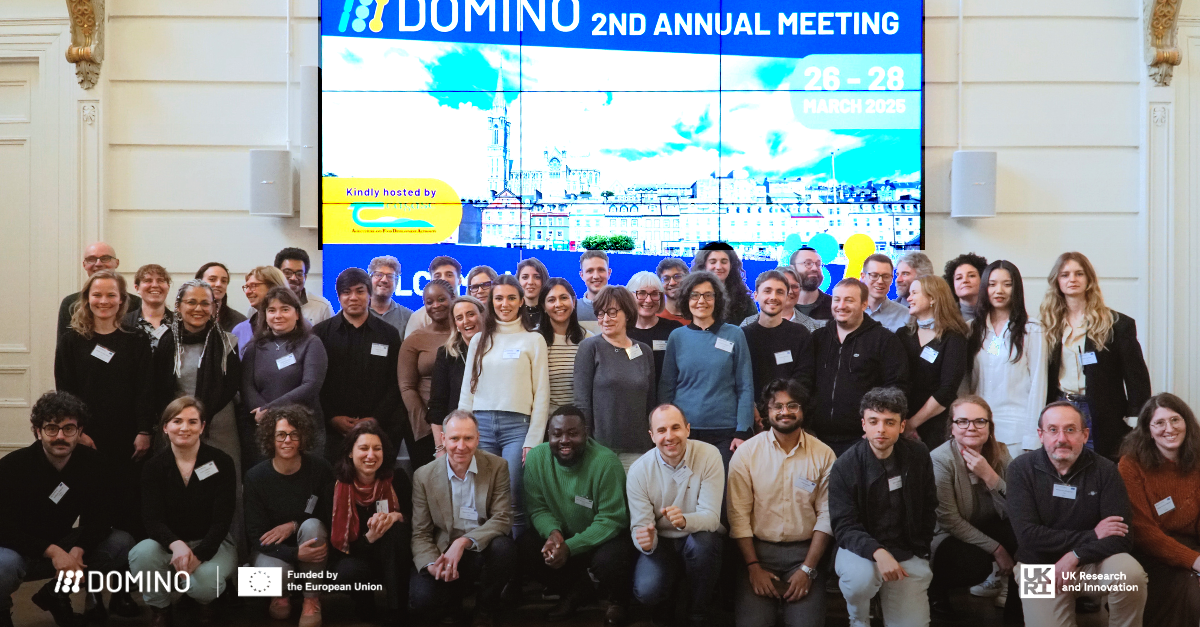
Lovely second annual meeting of DOMINO project in Cork, Ireland
Mar 28, 2025
The DOMINO project held its second annual meeting from 26 to 28 March in the picturesque city of Cork, Ireland. It was an intense and warm moment thanks to the efficient and very friendly organisation of Teagasc and its incredible team coordinated by Orla O’Sullivan and John Kenny.
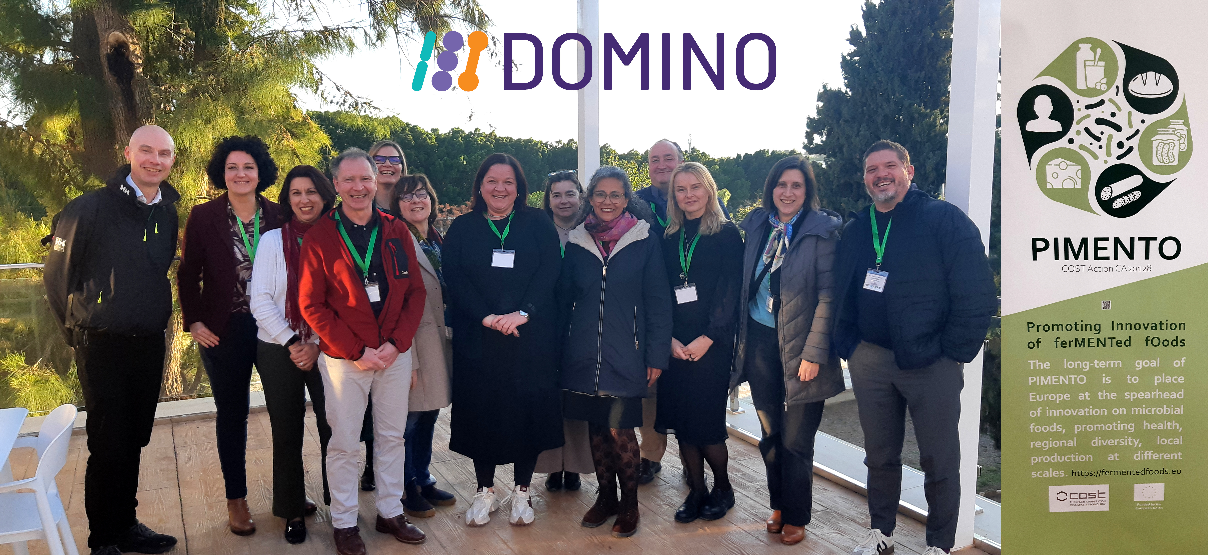
Feb 07, 2025
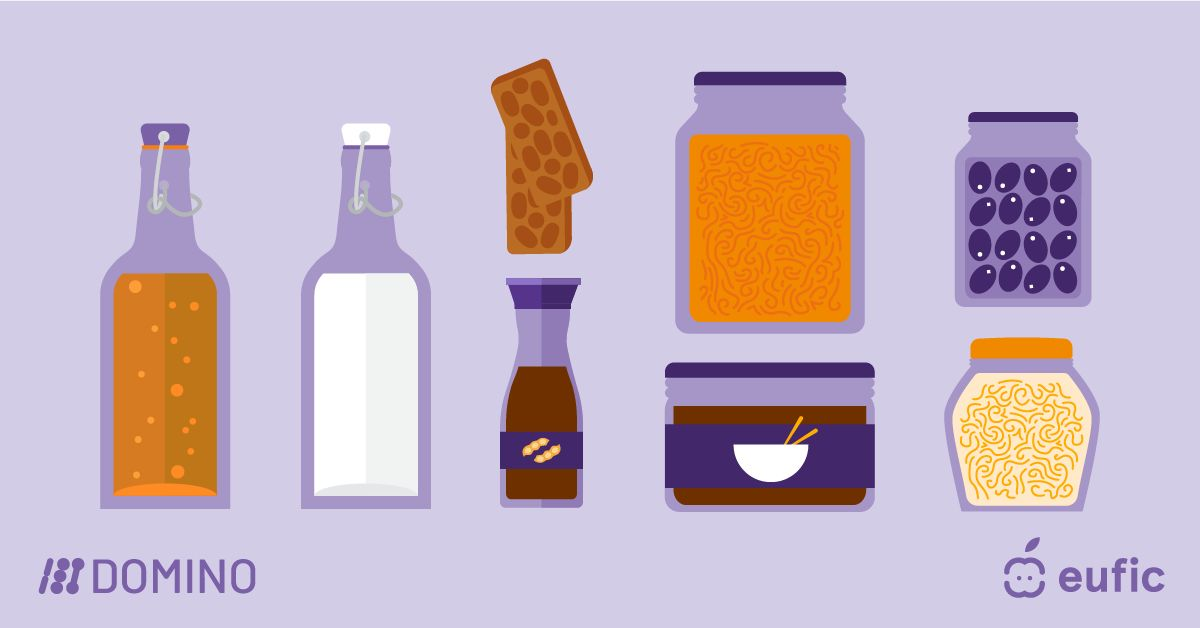
Explore the Health Benefits of Fermented Foods on World Microbiome Day with EUFIC
Jun 27, 2024
On #WorldMicrobiomeDay, Domino with EUFIC (European Food Information Council) has a mission to disseminate food microbiome science publicly.
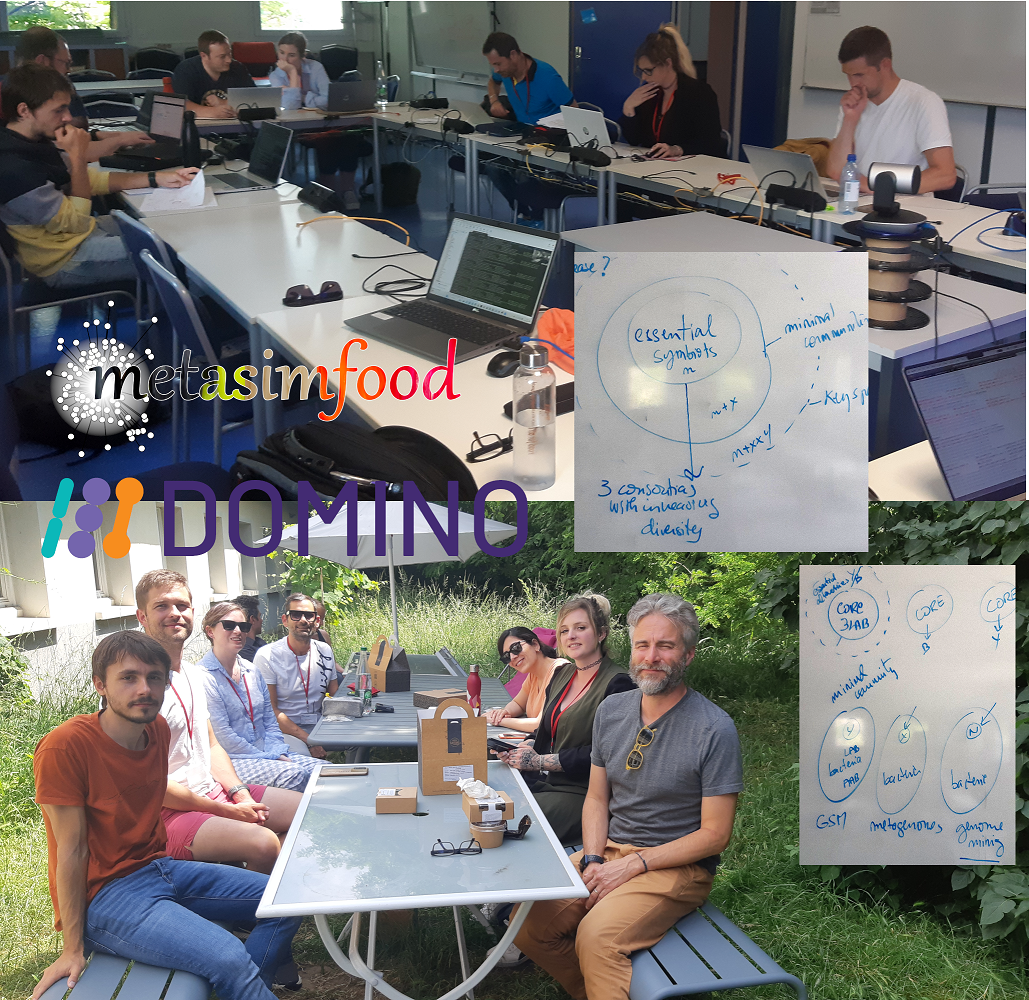
Jun 06, 2024
The last three days, from Monday 24th to Wednesday 26th of June, INRAE (MaiAge & MICALIS) teams organised a workshop on microbial community-level genome scale modelling (GSM) for consortia design.
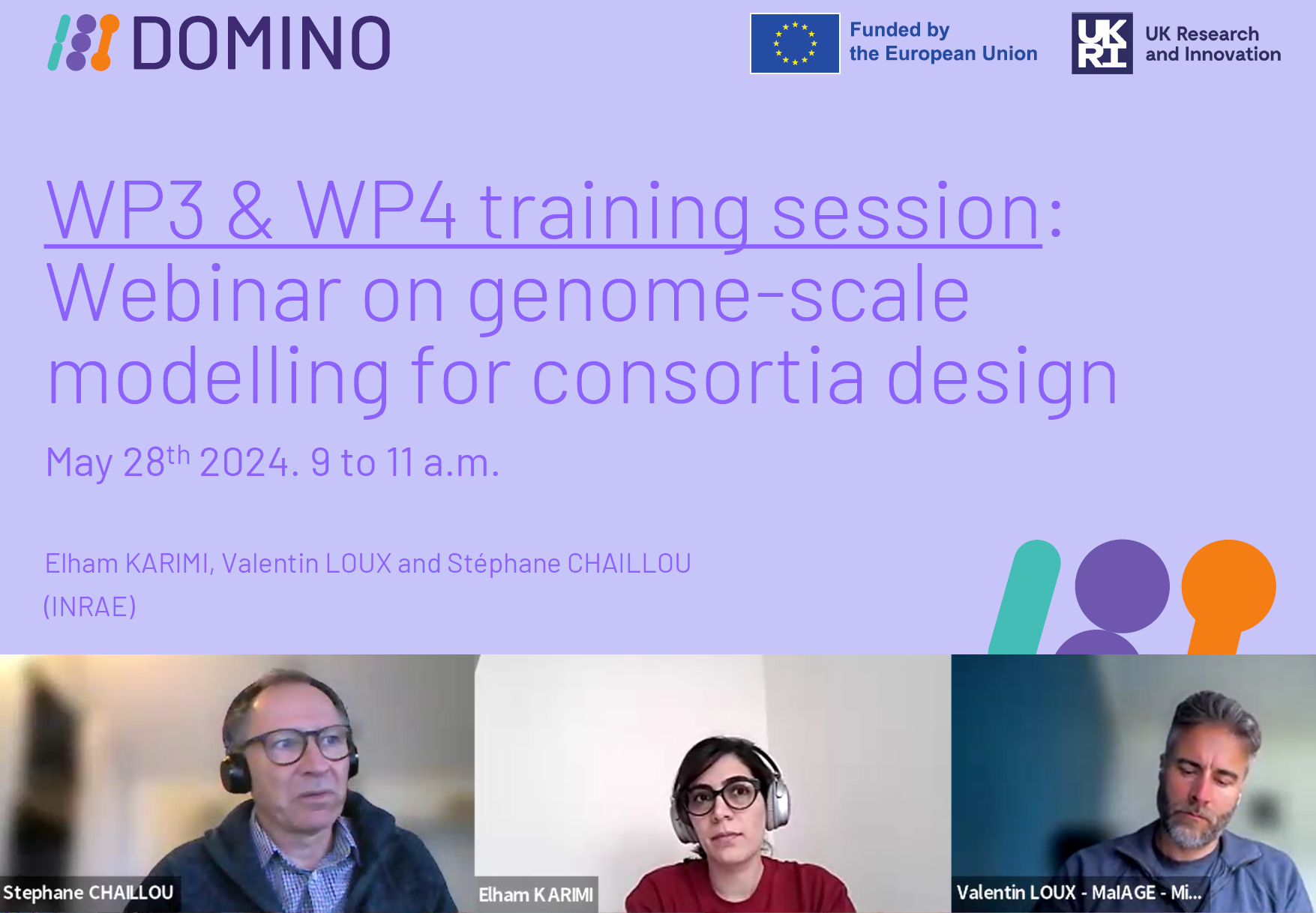
Webinar on genome-scale modelling for consortia design
May 28, 2024
Last Tuesday 28th of May, Elham Karimi, Stephane Chaillou (Micalis, Food Microbial Ecology research group) and Valentin Loux (MaIAge) have organised in the frame of the #DominoEU project a webinar training session on genome-scale modelling (GSM).
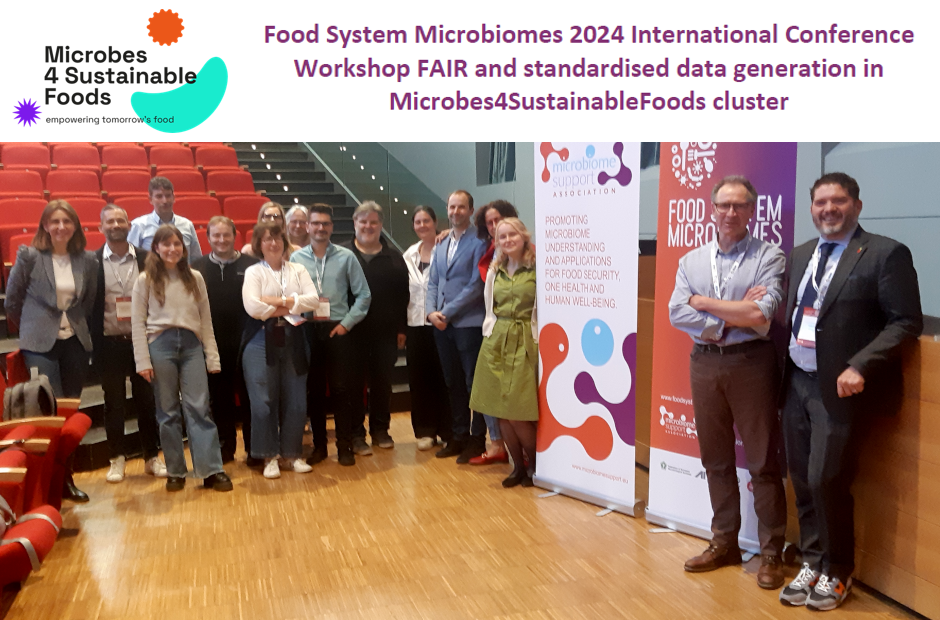
Workshop on FAIR omics data in the M4SF cluster of European HE projects
May 17, 2024
Last Friday 17th of May, in the frame of the 1st Food System Conference in Torino , Stéphane Chaillou organized the second clustering activity of the #Microbes4SustainableFoods cluster of EU projects (#DominoEU, #HealthFerm, #Pimento ca20128, #Wheatbiome, #Tribiome and #Microbes) on the Friday afternoon after the conference closure.
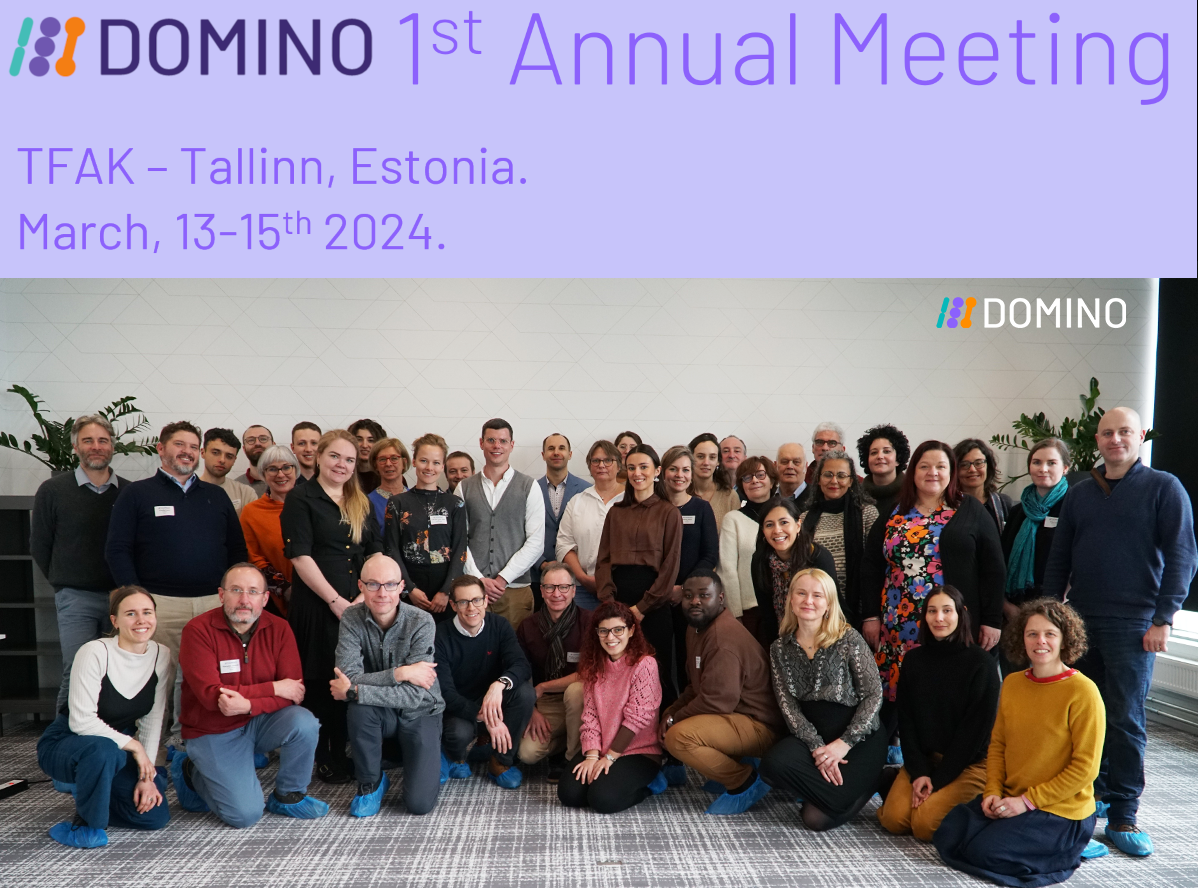
Domino 1st annual meeting in Tallinn
Mar 15, 2024
The #DominoEU project consortium met in Tallinn, Estonia, to discuss the results of the first year.
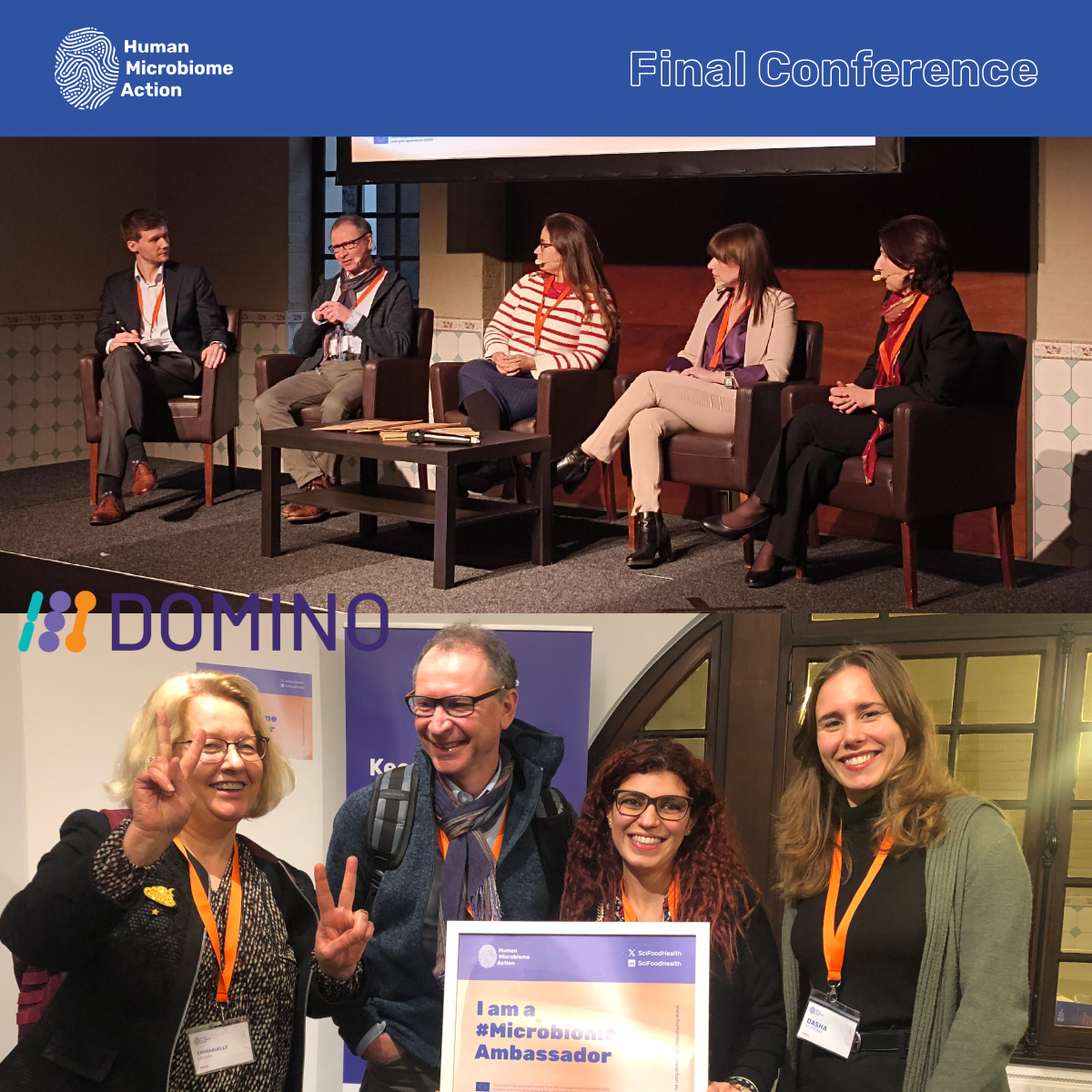
What’s the future on human Microbiome Research?
Feb 29, 2024
The final conference of the Human Microbiome Action coordinated by Joël Doré, Emmanuelle Maguin and Mani Arumugam took place in Brussels at les Ateliers des Tanneurs on the 29th of February. A lot of very interesting talks summarizing the state of the art in Human microbiome research meanwhile paving the ground on policies for safeguarding public health.
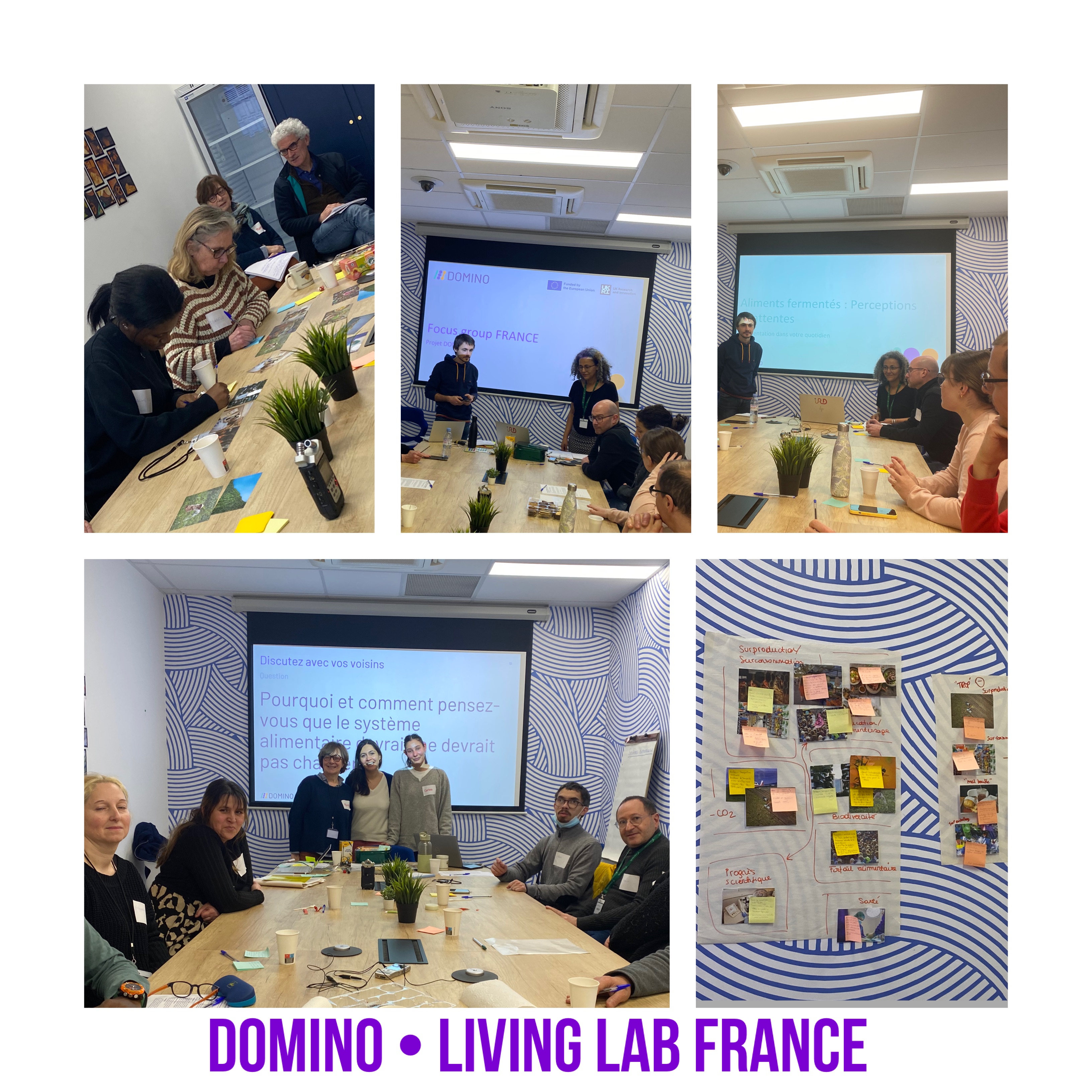
Exploring Traditional and Future Fermented Foods: Insights from France's First DOMINO Living Lab
Feb 08, 2024
As part of the DOMINO project, 6 living labs will be set up in 6 different countries to interact with consumers and stakholders on the place of traditional and future fermented foods in a sustainable food system.
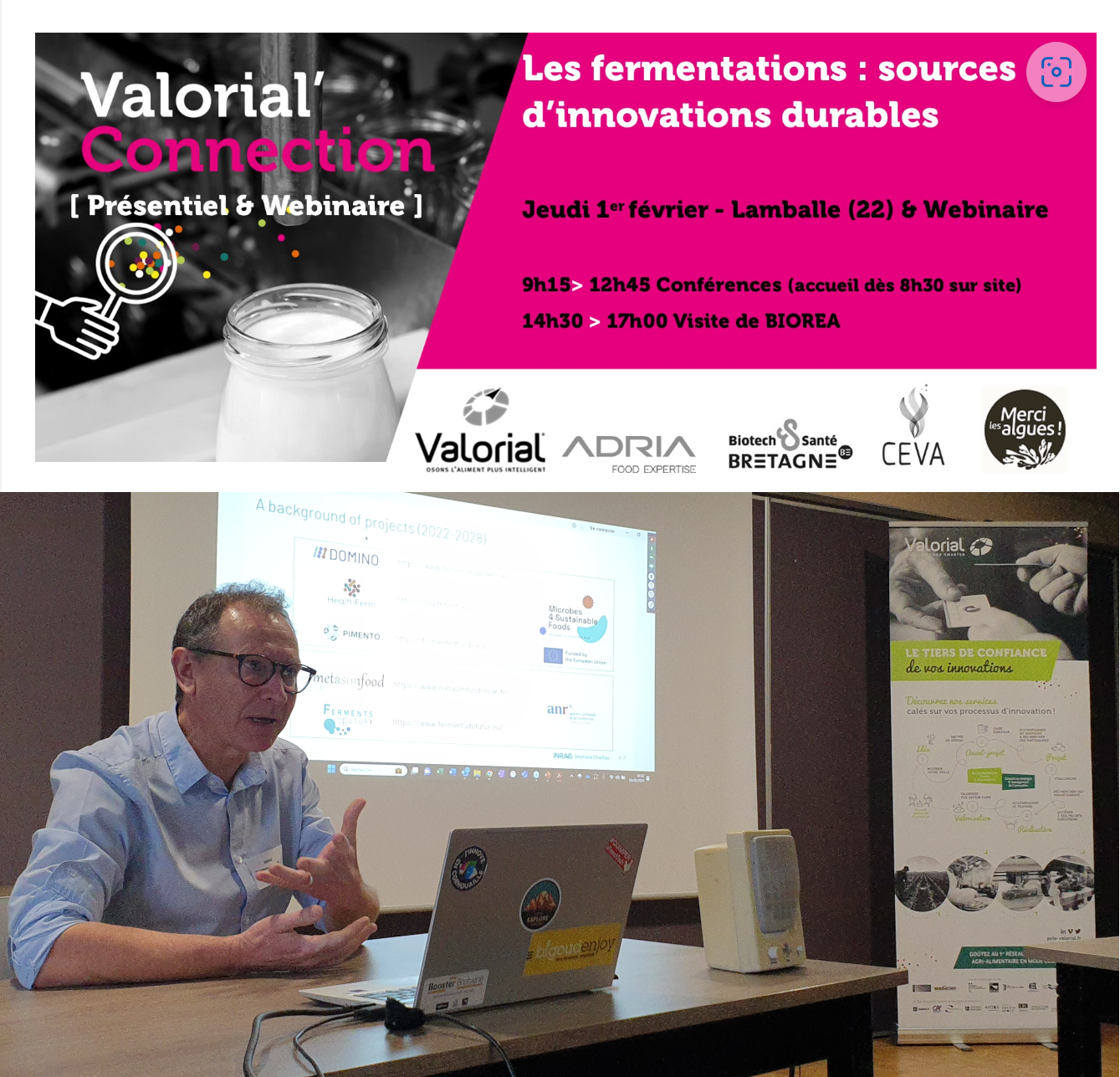
Focus on fermented foods at Valorial’Connection
Feb 01, 2024
The first Valorial’Connection event of the year was held at Lamballe this 1st February. It gathered more than 50 academic and AgriFood industry partners on site and as many online. Stéphane was invited to give a talk1 for presenting the EU DOMINO project and to talk, more specifically, on the role of data sciences in fermented foods area.
-
Chaillou S. The role of fermented food microbiota diversity on health: what contributions from data sciences?. https://hal.science/hal-04446192 ↩
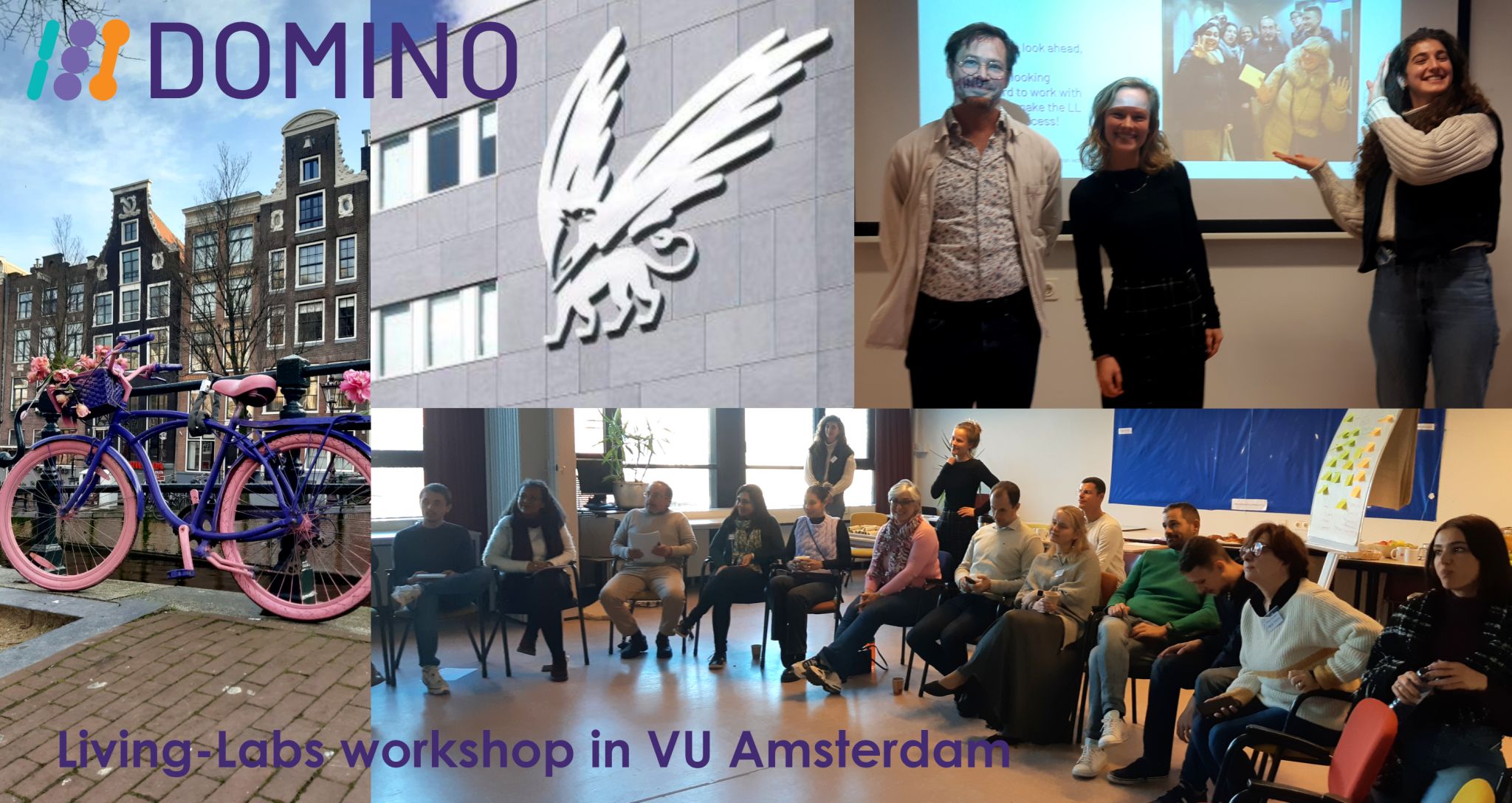
Workshop for Domino living-labs
Dec 04, 2023
A workshop for #DominoEU living-labs (LL) was held at the Vrije Universiteit Amsterdam (VU Amsterdam) on thursday 30th of november and friday 1st of December.
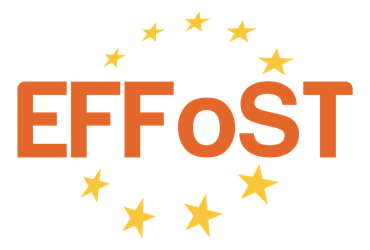
#Microbes4SustainableFoods cluster at the EFFoST conference in Valencia
Nov 09, 2023
Stéphane participated to the #EFFOST2023 conference in Valencia (6th to 8th of November) during which a specific session an EU project was planned.
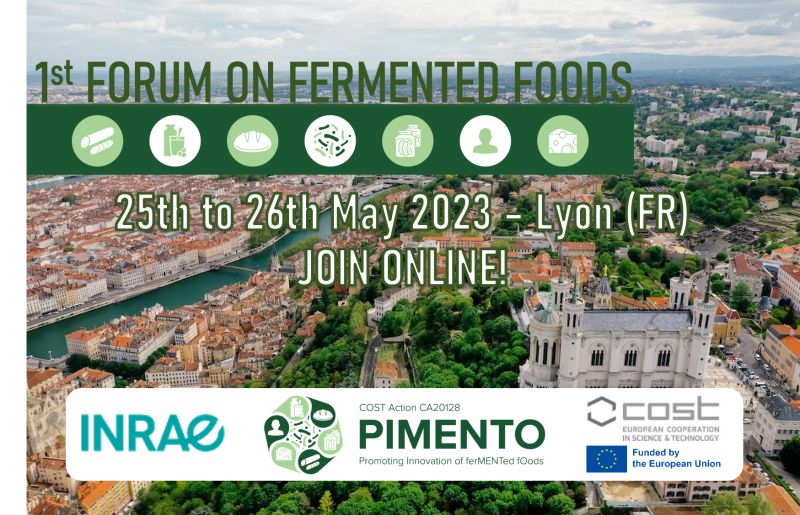
Domino project shines at PIMENTO Forum
May 26, 2023
The recent PIMENTO Forum served as a platform for the HorizonEU DOMINO project. Stéphane and Marie present their ambitious goals under Horizon Europe. The DOMINO project, funded by Horizon Europe, aims to address critical challenges through interdisciplinary collaboration, fostering connectivity among actors in the scientific community. The project received positive feedback at the forum, with an emphasis on Living-Labs and networking through COST PIMENTO.
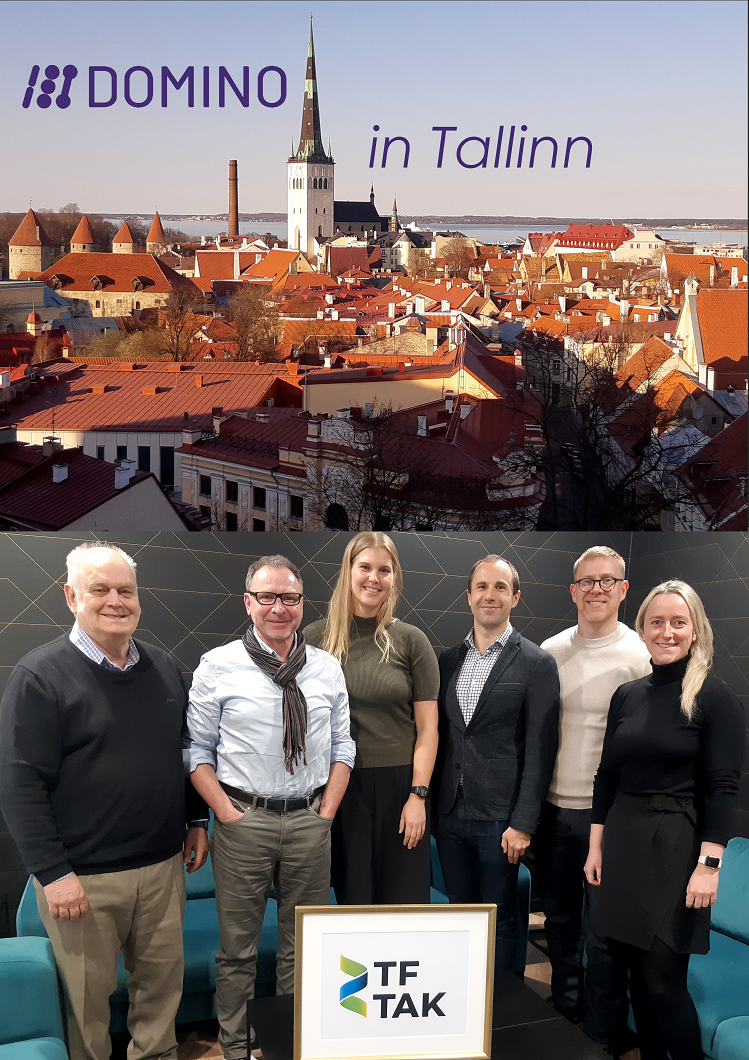
Meeting with TFTAK for DOMINO Project
Apr 25, 2023
Representing FME, Stephane was pleased to meet colleagues from Tallinn University of Technology (TFTAK) to discuss about HorizonEU DOMINO project’s development of microbial solutions for vegetable-based fermented foods. The meeting took place during a two-day visit (24-25th of April), where discussions and knowledge-sharing took place to kick-start the work plan for exciting fermented food case studies.
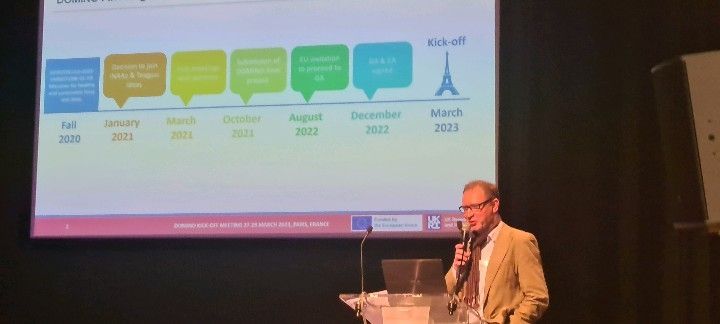
Mar 29, 2023
DOMINO has kicked off March 27th in Paris by Stéphane Chaillou as coordinator.